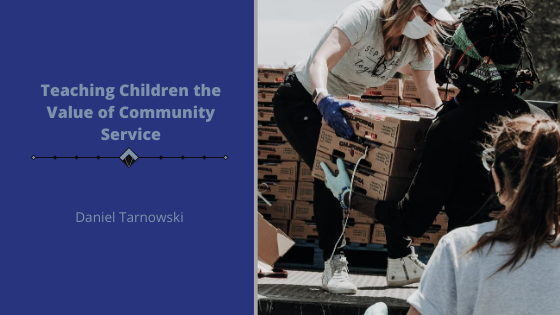
For young children, it can be challenging to comprehend the value of community service. They have a vague sense that their parents are making them volunteer somewhere, but what does it mean for their own lives? Will they continue to serve the community as they get older, or will they dismiss it as something that “my parents made me do”? For children to become productive, compassionate members of society, it’s vital that parents teach them the importance of serving their community. Here’s how parents can instill a lifelong love of volunteering in their children.
Make it About Their Impact Instead of the Hours Spent
As The Seattle Times points out, forcing children to volunteer a certain amount of hours sends the message that volunteering is work they “have” to do. As soon as they get old enough, they’ll probably stop volunteering altogether. Instead of treating community service like a chore that they don’t get paid for, parents should talk to their kids about the impact they’re making in their community. They can explain the core values of the charity they’re working with, introduce them to the people they’ve helped, and explain what it means for society.
Encourage Children to Take On Leadership Roles
When children get older, they might be encouraged to take on leadership roles in their group or be inspired to start their own volunteer group. Roots of Action shares the story of a child named Eden Eskaros, who sent 1,000 shoes to needy children in Mexico. Instead of dismissing their children’s ideas as silly fantasies, parents should encourage their children when they’re inspired to take the lead or help others. This shows children that no matter how young you are, anyone can make a difference in their community.
Take an interest in Children’s Volunteer Work
If a parent has no involvement in the volunteer work beyond dropping off their child and picking them up, the child might wonder why they’re supposed to be here in the first place. Parents should be directly involved in their child’s volunteer work and regularly discuss it with them. The Seattle Times suggests talking about it at the dinner table, for instance. If the parents think it’s important, the children will start thinking it’s important, too.
—
Article originally published on https://danieltarnowski.net/

